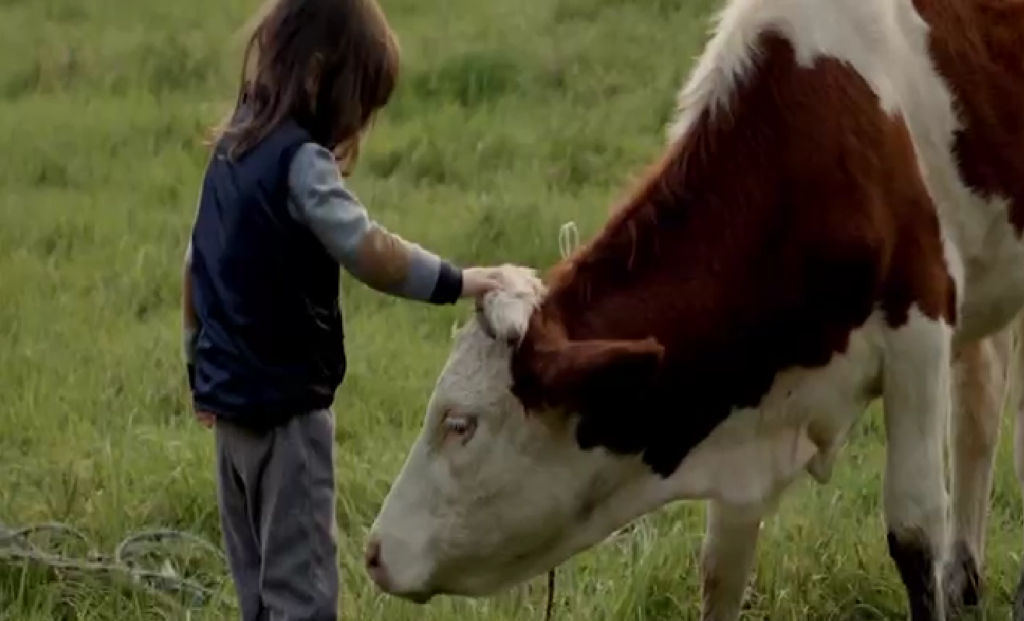“The livestock-meat sector is essential for our country because it not only generates wealth and employment, but also defines the identity and vitality of our rural world. At the FEMP, we know that the future of rural areas and our towns is closely linked to the livestock-meat sector, whose activity is a source of stability, development, and roots.”

The Secretary General of the FEMP, Luis Martínez-Sicluna, thus began his presentation of the Livestock-Meat Network, which took place in Figan. This initiative seeks to promote rural development through a municipal commitment to this activity “with the aim of recognizing, strengthening, and defending the role of livestock and the meat industry in our municipalities.”
He also presented some figures associated with the sector: it contributes €48 billion to the national GDP and €16.5 billion to Final Agricultural Production, supports 350,000 livestock farms across the country, and generates more than 672,000 direct jobs, structuring the territory and preventing the depopulation of rural areas.
The Network
As Martínez-Sicluna explained, the network, which will soon hold its constituent assembly, arose from the agreement and collaboration of the municipalities that comprise it, the FEMP (Federal Ministry of Economy and Finance), which promoted the idea, and the sector itself because, he said, “municipal experience teaches us that solid and lasting solutions are built through consensus and cooperation.”
That, in his opinion, is what the network represents: “a space for meeting, dialogue, and joint action where local entities can share experiences, receive technical support, and join forces to give the meat sector the recognition and attention it deserves in public policies.”
The network, a tool for raising awareness of the activity in the local economy
The Livestock-Meat Network was created by agreement of the FEMP Governing Board with the aim of defending, promoting, and raising awareness of the importance of livestock and meat farming and asserting its contribution to the rural world and the maintenance of its economic fabric, highlighting its role as a key element in establishing population and territorial cohesion.
The network, which has the collaboration of the Livestock-Meat Forum, seeks to bring together municipalities and provincial councils where livestock and meat farming is present.
Its objectives are:
• To defend the interests of local entities where livestock and meat farming is particularly relevant, with the aim of contributing to their sustainable development from a socioeconomic, urban, cultural, health, and environmental perspective.
• To defend and promote livestock and meat farming as a strategic sector in the rural world, and assert its role in establishing population and territorial cohesion.
• Promoting knowledge, awareness, and implementation of the productive resource of livestock and meat production in its various aspects, through institutional strengthening and the involvement of various local stakeholders.
• Strengthening common modernization and quality policies and tools to promote the economic development of the network’s local entities.
• Promoting the active role of local entities in the planning and development of their livestock and meat resources, fostering their integration into the local socioeconomic fabric.
• Acting as a forum for the exchange of experiences among the local governments that make up the network.
• Offering advisory and assistance services for its members, training of technicians, and mutual cooperation between the authorities of local entities with livestock and meat resources.
• Collaborating at the interregional, national, and international levels with authorities, associations, and institutions, facilitating coordination and cooperation among them.
• Contribute, with all public administrations, to the definition of objectives and implementation of a comprehensive policy for the development of local entities with livestock and meat production activities.
















